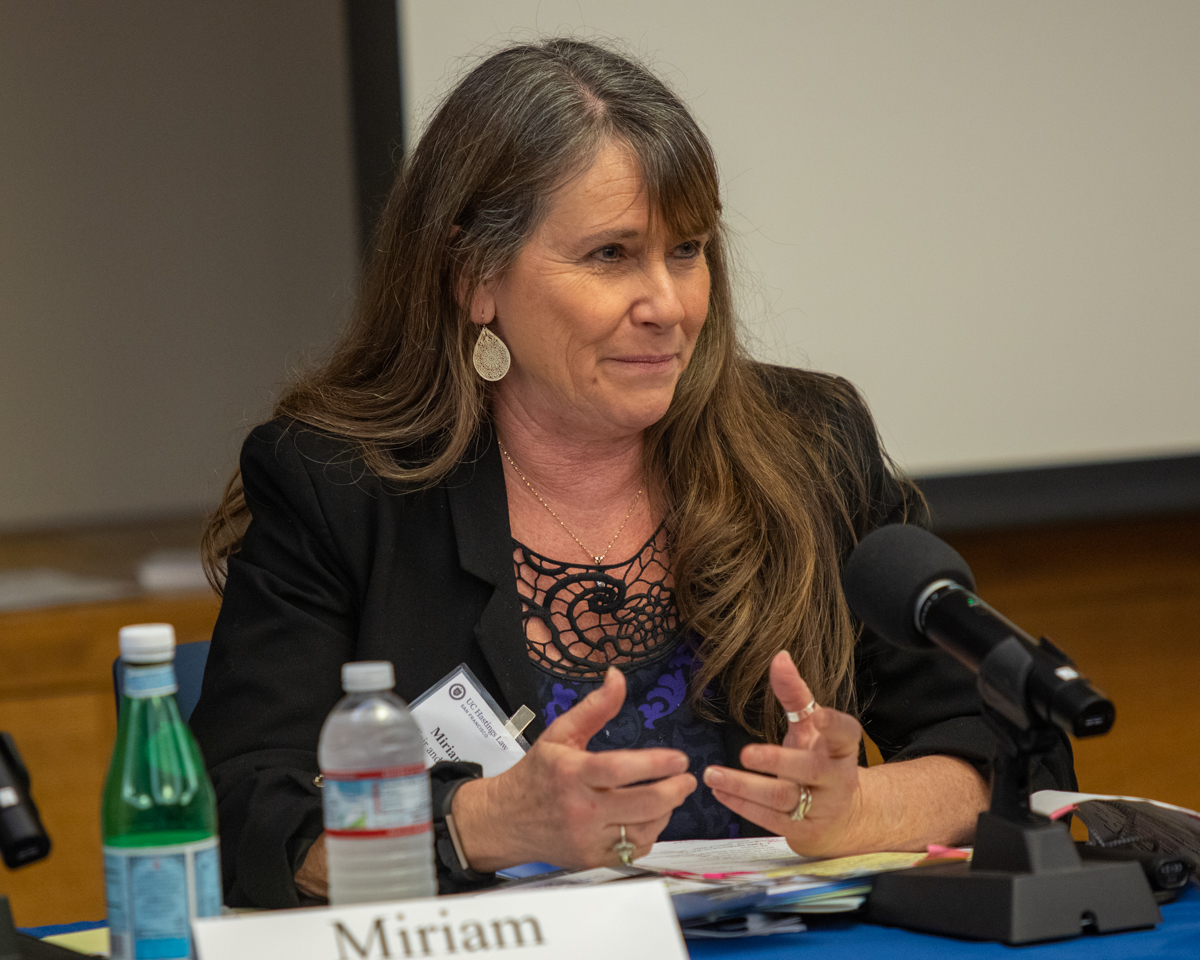

By Anika Khubchandani
LOS ANGELES – The weakening of the Department of Justice’s Election Interference Policy has compelled Miriam Krinsky, the Executive Director of Fair and Just Prosecution, to release a statement revealing her concerns for the future of democracy.
The Fair and Just Prosecution project supports and inter-connects recently elected leaders of prosecutors’ offices committed to new thinking and innovation.
Krinsky, a former federal prosecutor, argues that since avoiding election interference has historically been an important goal of the DOJ, the department has typically “barred prosecutors…from making any announcement about ongoing investigations,” she said.
Recently announced amendments to the policy have created, she added, a “gaping exception for any instances involving ‘misconduct by federal officials or employees administering an aspect of the voting process through the USPS, the DOD or any other federal department or agency.’”
Krinsky explained these changes in policy are alarming because they will have a significant impact on the voting process, adding that traditionally, Americans have voted at polling places scattered throughout their neighborhoods on Election Day. However, absentee voting and balloting by mail has steadily increased since the 1980s.
Because of the current coronavirus pandemic, New York Times analysts estimate that “roughly 80 million mail ballots will flood election offices this fall,” if recent election trends persist and  voter turnout continues to increase.
voter turnout continues to increase.
As a result, President Donald J. Trump has attempted to undermine and manipulate the entire voting process by pushing a false argument on voter fraud due to mail in ballots. He has repeatedly said “mail ballots, they cheat,” “they are corrupt,” and “they are forgeries” to instill fear in the minds of American voters.
The fact of the matter is voter fraud is extremely rare, experts maintain.
The Brennan Center for Justice at NYU’s School of Law has debunked the voter fraud myth in a study that shows voter fraud is “actually traceable to other sources, such as clerical errors and bad data matching practices.” The incident rate for voter impersonation is between 0.0003 and 0.0025 percent, which is basically insignificant.
Lorraine C. Minnite, a Columbia University political science professor and an expert in analyzing voter fraud, tracked incidence rates for voter fraud over a two year period. Her study found that the rare, reported voter fraud could be traced to “false claims by the loser of a close race.”
The Washington Post’s comprehensive investigation of voter impersonation, published in August of 2014, found only “31 credible incidents out of one billion ballots cast.”
The Washington Post also investigated the 2016 presidential election and found there were only “four documented cases of voter fraud.”
Overall, “the well-settled reality is that voter fraud is exceedingly rare,” reiterates Krinsky, noting that this fact has led 79 elected prosecutors and law enforcement leaders across the United States to put forth a statement “condemning attempts to undermine and cast doubt on the legitimacy of voting by mail.”
In the past, the DOJ has strived to remain a neutral and non-partisan body, she said, pointing out that considering that public trust in American law enforcement and officials is currently at an all-time low, it is even more imperative for the DOJ to refrain from making any comments or decisions regarding investigations or criminal charges which can benefit or harm candidates or political parties.
Krinsky stresses that the time is now to “build faith in the legitimacy of our democratic institutions,” rather than adopt policies which are obviously a “step in the wrong direction.”
To sign up for our new newsletter – Everyday Injustice – https://tinyurl.com/yyultcf9
Support our work – to become a sustaining at $5 – $10- $25 per month hit the link:
